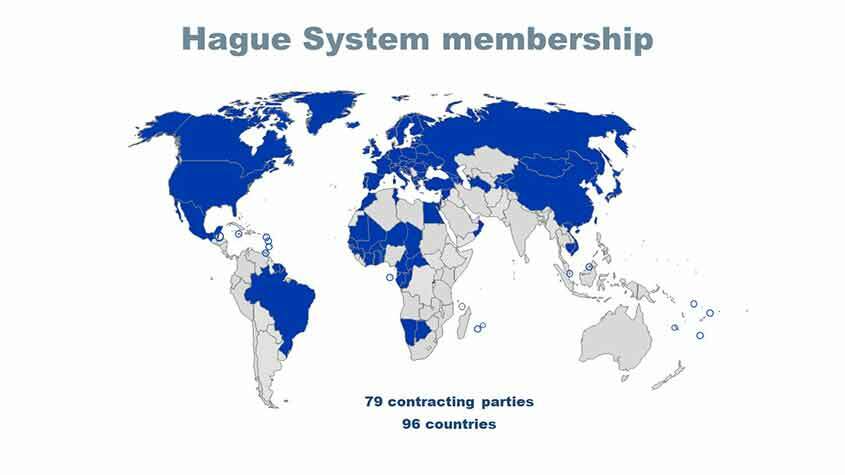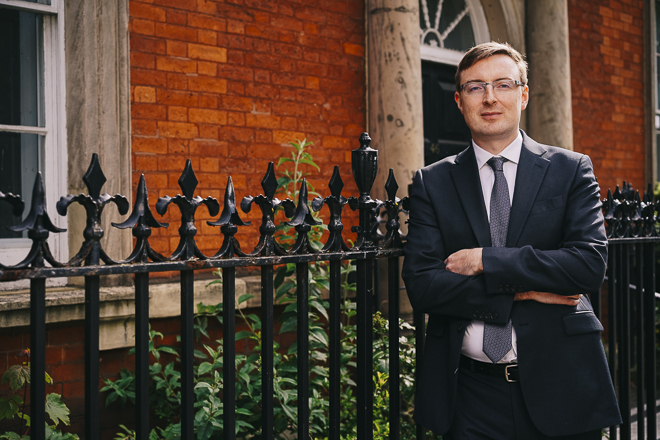Designs
Brazil joins centralised design registration system
March 22, 2023
South America’s largest economy has joined a cost-saving international design registration system (the ‘Hague System’). It is possible to protect designs in multiple countries simultaneously, now including Brazil, by filing an international registered design application.
Summary of UK registered designs:
Unlike patents and trade marks, registered designs protect the appearance of the whole or a part of products resulting from the features of, in particular, the lines, contours, colours, shape, texture or materials of the product or its ornamentation. Under this broad definition, we register and enforce designs across a broad range of industry sectors, not just limited to creative businesses.
Many designs are not protectable by copyright or by registered trade marks, but they can be protected as registered designs. This provides a registration number which can be displayed as a deterrent, and also provides an enforceable right lasting up to 25 years. It is not necessary to prove deliberate copying, if the design is registered.
The registration process for the UK is quick and simple, although preparing drawings that won’t be objected to requires attorney knowledge and experience.
International protection:
Within six months of filing a UK registered design, it is possible to register the same design in almost any other country. Traditionally, this used to be more expensive than the UK because patent attorneys in each country would need to be appointed.
International design registration system:
Quite simply, the international ‘Hague’ design registration system makes international design protection cheaper. The Hague system enables our firm to file a single international application that is registered in multiple participating countries simultaneously. Assuming no objections are received, we do not need to appoint local attorneys, and the official fees may also be cheaper.
Brazil’s accession:
Brazil’s accession (effective from 1 August 2023) to the Hague system brings the number of contracting parties to 96, as shown in the below image (source: WIPO, CC 4.0). This is a welcome addition because very few South American economies previously participated in the Hague System.

Full list of Contracting Parties, at time of publication:
African Intellectual Property Organization, Albania, Armenia, Azerbaijan, Belarus, Belgium, Belize, Benin, Bosnia and Herzegovina, Botswana, Brazil, Brunei Darussalam, Bulgaria, Cambodia, Canada, China, Cote d’Ivoire, Croatia, Democratic People’s Republic of Korea, Denmark, Egypt, Estonia, European Union, Finland, France, Gabon, Georgia, Germany, Ghana, Greece, Hungary, Iceland, Israel, Italy, Jamaica, Japan, Kyrgyzstan, Latvia, Liechtenstein, Lithuania, Luxembourg, Mali, Mauritius, Mexico, Monaco, Mongolia, Montenegro, Morocco, Namibia, Netherlands, Niger, North Macedonia, Norway, Oman, Poland, Republic of Korea, Republic of Moldova, Romania, Russian Federation, Rwanda, Samoa, San Marino, Sao Tome and Principe, Senegal, Serbia, Singapore, Slovenia, Spain, Suriname, Switzerland, Syrian Arab Republic, Tajikistan, Tunisia, Turkiye, Turkeminstan, Ukraine, United Kingdom, United States of America, Viet Nam.
Where countries are not included, the traditional route of appointing a local attorney remains available. Australia is a notable exception. However, Australia has agreed in principle to join the Hague System and we are keeping an eye out for further developments.
How can we help?
Our chartered patent and trade mark attorneys are also experienced design attorneys. We regularly file international design applications and can help you to protect designs anywhere in the world.
If you have any queries, please speak to your usual contact at Swindell & Pearson, or get in touch with Tim Gilbert, the author of this article.
